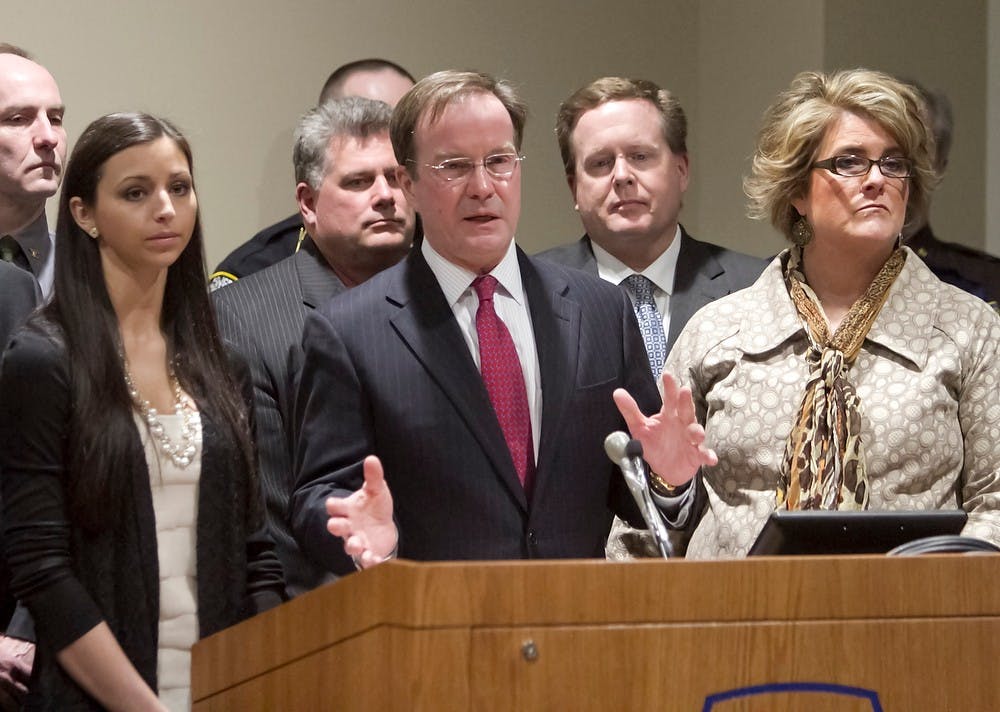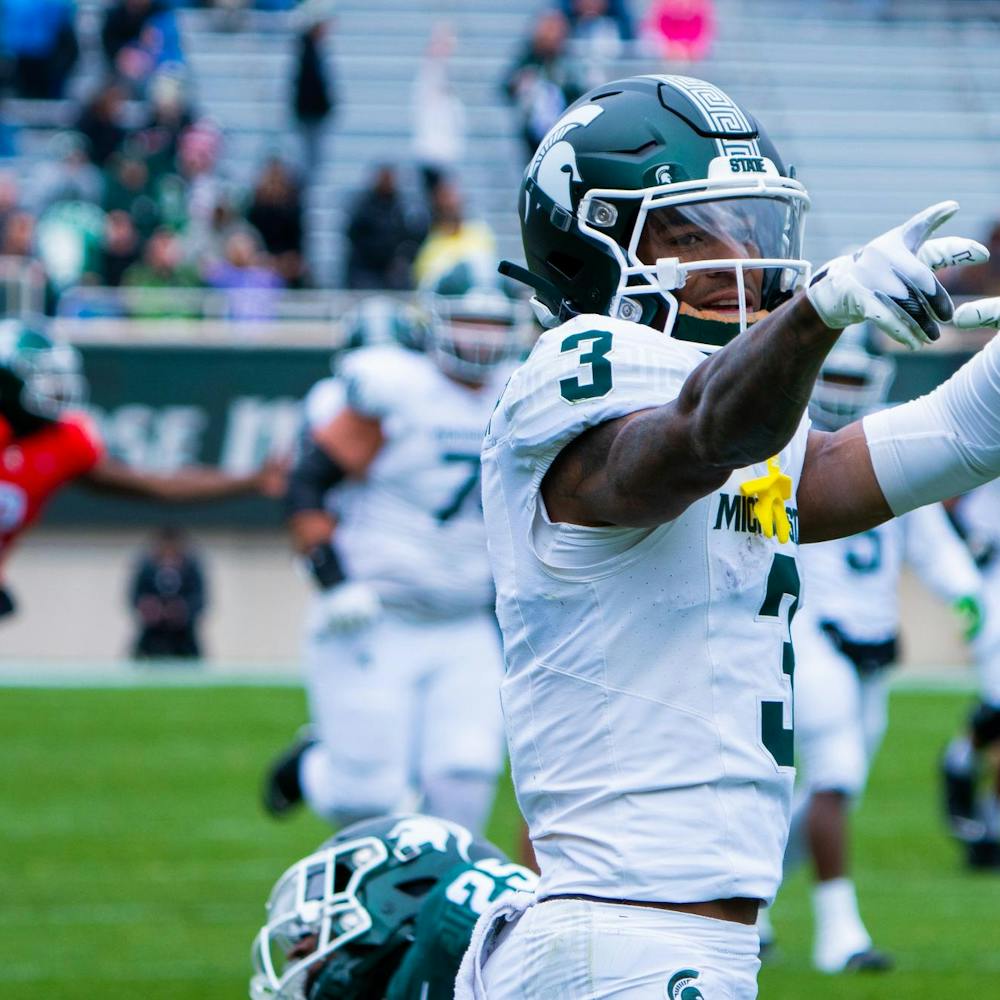Convicted I-96 shooter and alumnus Raulie Casteel will serve 16-40 years for terrorism and 2.5-4 years for felony assault, a Livingston County Circuit Court judge ruled last week.
On March 3, Casteel was sentenced on charges of domestic terrorism, assault with a dangerous weapon, firing a weapon from a vehicle, carrying a weapon with unlawful intent and three additional felony weapons charges.
In October of 2012, the 44-year-old shot at several vehicles traveling along the I-96 corridor across four counties, including Ingham, Livingston, Oakland and Shiawassee counties. He was sentenced for other felony charges in Oakland County last month.
Casteel testified during his trial in Livingston County that he believed the cars carried government officials who were following him and conspiring against him.
After an independent court-ordered evaluation, Casteel was found to suffer from delusional disorder.
At the sentencing, Assistant Attorney General Gregory Townsend said Casteel’s actions were intentional.
He said Casteel showed intent by keeping his firearm nearby, carried additional ammunition and was aware of law enforcement response.
He said Casteel deserves the “harshest punishment” and asked Judge David Reader to consider the maximum-allowable sentence.
But defense attorney Douglas Mullkoff asked Reader to consider a lighter sentence because of Casteel’s mental state during the time of the shootings, which he believed underpinned his actions.
Mullkoff said the domestic terrorism charge was a “misapplication of a vague law,” arguing that Casteel’s actions and intentions were dissimilar from those of other convicted terrorists.
But Reader said Casteel disrupted daily routines and traumatized victims, regardless of his motive. Reader also argued that although delusions might have prompted the spree, Casteel acted rationally during and after the shootings.
MSU alumna Jennifer Kupiec , who helped identify the car Casteel shot at her from, was present for the sentencing.
“If he were ever released again, I would definitely be concerned,” Kupiec said.







